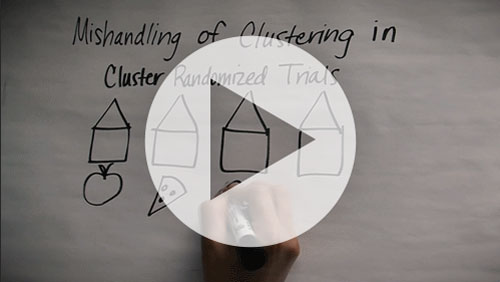Media contact: Alicia Rohan, arohan@uab.edu

David Allison, Ph.D., associate dean for Research and Science in the University of Alabama at Birmingham School of Health Professions, is Nature editors’ top pick for this year’s influential expert opinions.
Allison and colleagues’ paper, titled “Reproducibility: A tragedy of errors,” points out that mistakes in peer-reviewed papers are easy to find, yet difficult to correct. Allison and a team of researchers from his UAB Office of Energetics including Andrew Brown, Ph.D., Brandon George, Ph.D., and Kathryn Kaiser, Ph.D., wrote the paper after spending countless hours attempting to correct errors they found.
The paper was a summary of their experiences that included the most common errors made by authors, as well as the main obstacles the team faced in their quest for corrections. They detailed the top six problems blocking their way as these:
- Editors are often unable or reluctant to take speedy and appropriate action.
- Where to send expressions of concern is unclear.
- Journals that acknowledged invalidating errors were reluctant to issue retractions.
- Journals charge authors to correct others’ mistakes.
- No standard mechanism exists to request raw data.
- Informal expressions of concern are overlooked.
Allison and his team closed by discussing potential solutions including recognition, incentives and more formal surveys they said could go a long way in making papers more accurate. They closed the piece with these words: “Robust science needs robust corrections. It is time to make the process less onerous.”